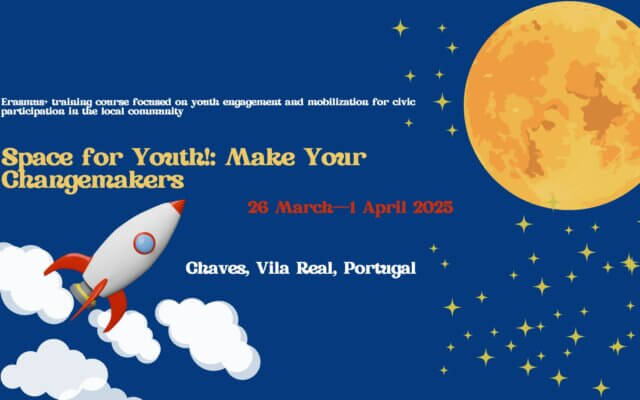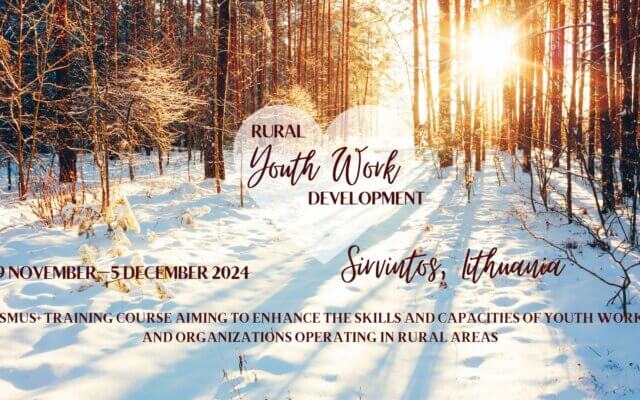ERASMUS+, Key action 1: training course
Venue: Trnava, Slovakia
Dates: 22—30 August 2024
Czech team: 4 participants.
Please read the info-pack.
Hosting organisation: Bratislava Policy Institute
Project report:
Ahoj! I would like to take you to a place called Trnava, near the capital of Slovakia, Bratislava.
Where groups of young people from across Europe, charged with good energy and curiosity, came together to challenge the main theme of the “Fake Busters” project. The aim of the project, organized by the Bratislava Policy Institute, was to provide participants with training on how to identify, debunk, prevent, and deal with the spread of false information and fake news.
The project involved exactly 6 teams of 4 people from the Czech Republic, Germany, France, Hungary, Romania, and of course Slovakia. What to do in order to successfully meet the main objectives of the project through the methodology of non-formal education was already clear in advance: To be passionate about the search for truth, to try to contribute to the main topic with your opinion, and to make it all happen in English. Only in this way was the participant able to open the door to understanding the main topic more deeply.
Thanks to the openness and warmth of the main organizer of the project – Inka, there was a relaxed atmosphere among the participants from the very beginning of the project. Even more so when we got to know each other as a group of people on the very next 2nd day of the project even more deeply through the intercultural night. During this we also each got to experience something from each European culture and shared our domestic traditions, customs and stories through entertaining presentations while having fun at the same time.
We experienced a range of engaging activities such as ice-breakers, name games, and team-building exercises that broke down barriers and built friendships. Had various discussions, presented our ideas and listened attentively to others or completed our own individual work and campaigns aimed at manipulating, advertising and persuading other participants.
And as proof that the project really gave us something, we spent our free day side by side as one big group and followed the history of the picturesque town of Trnava. Here, with an interesting explanation by a local guide, we also had the opportunity to look into the wider history of the town or, thanks to the kindness of Inka and Filip and their many helpful tips, to spend the day relaxing in local restaurants.
Special thanks to the Institute for Policy in Bratislava, the city of Trnava, all the participants who contributed to the success of this project, and last but not least to the EYCB, which helped us Czech participants to take part in this project.
David H.


